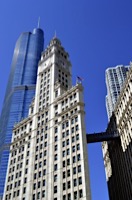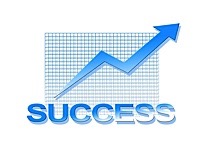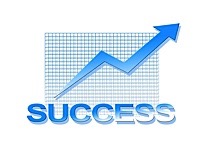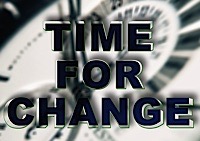
Many young African American leaders are giving the economic foundations of the African American community a reboot through entrepreneurial success. One standout is Dante Lee (@dantelee), CEO of Diversity City Media and founder of BlackPR.com and BlackNews.com. His book Black Business Secrets: 500 Tips, Strategies, and Resources for the African American Entrepreneur breaks new ground by fusing insights from past leadership with those from new entrepreneurs who have staked successful claims. I learned about his book while browsing a bookstore, and picked up a copy for review.
All-in-one small business coaching
Lee opens the book with history and statistics on minority startups, then segues into a Q&A with established business leaders such as Bob Johnson, founder of BET, Wally Amos of “Famous Amos” cookies, and George Fraser, founder of the FraserNet conference. He also wisely highlights Frarah Gray, the youngest black business millionaire outside of entertainment; Tom Burrell of Burrell Communications; Nadine Thompson, founder of Warm Spirit; and Gwen Richardson, founder of Cushcity.com. There’s also a foreword by Randall Pinkett, author of Black Faces in White Places (see the review), so a cross-generation of leaders appears throughout the segment and book.





















